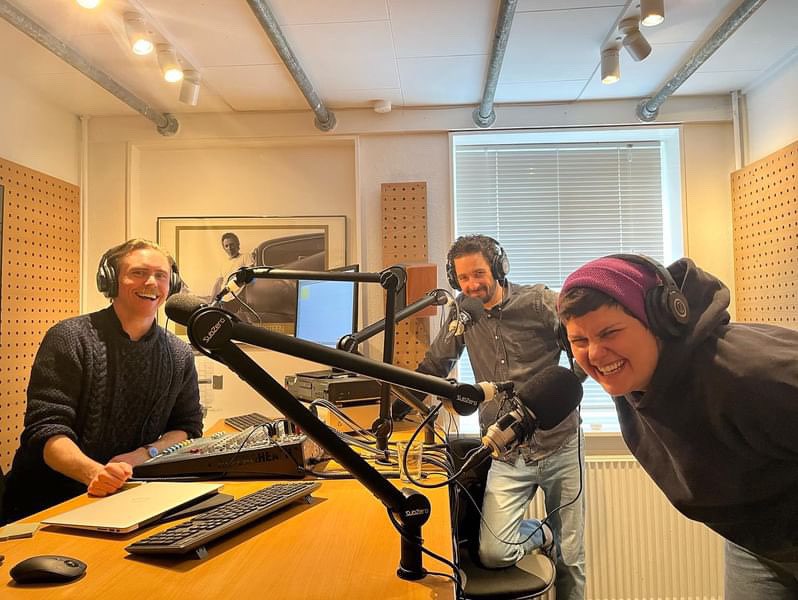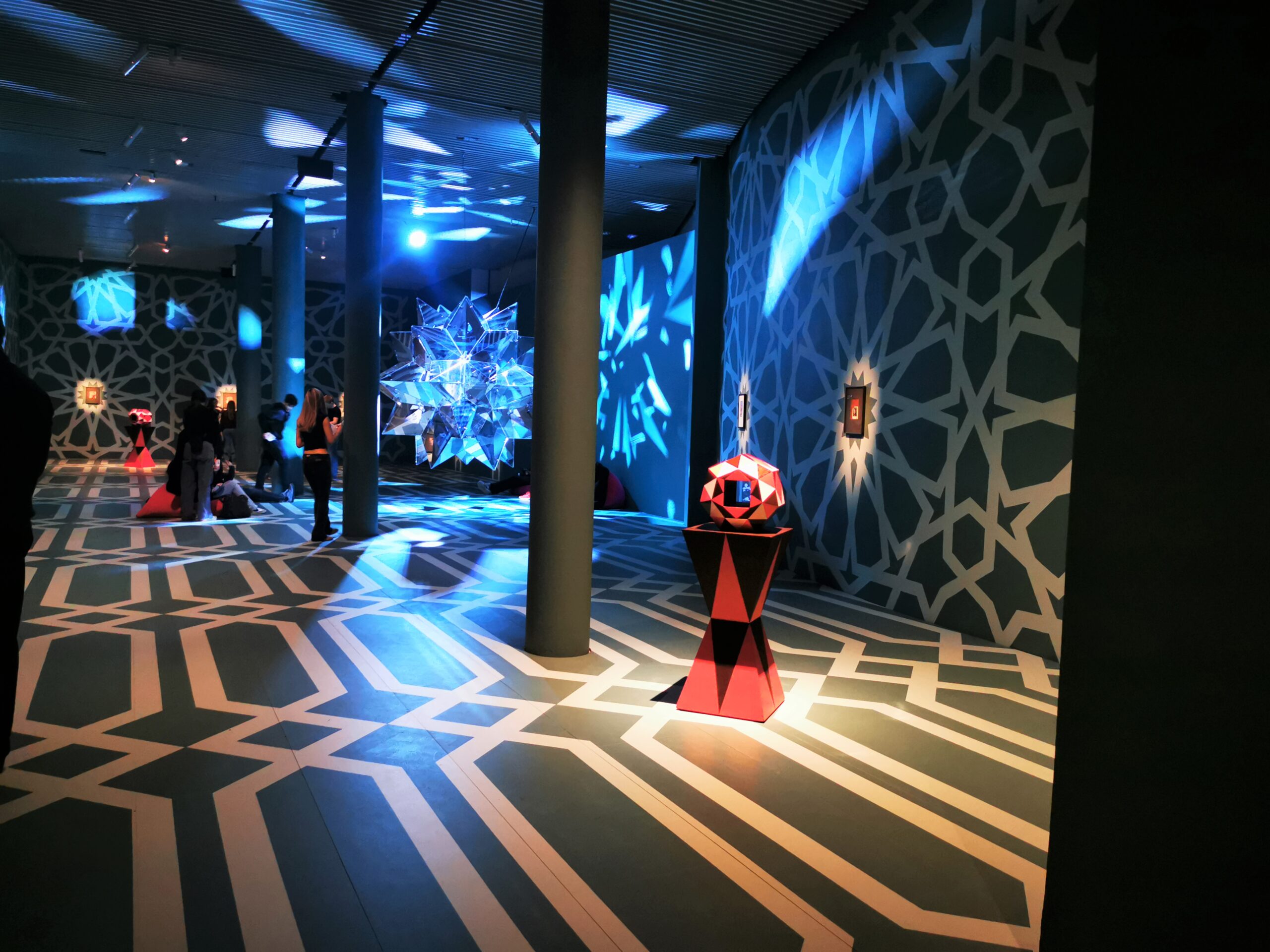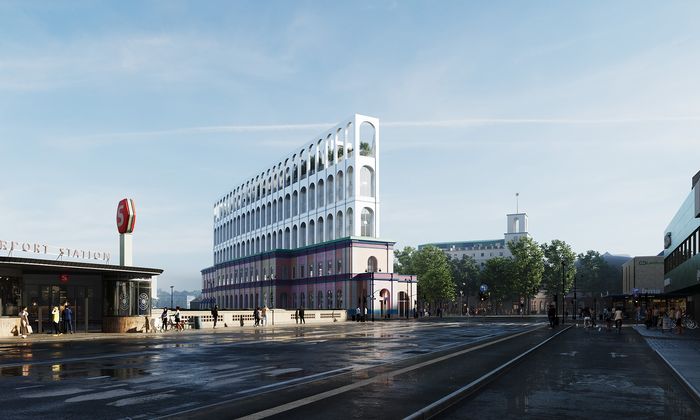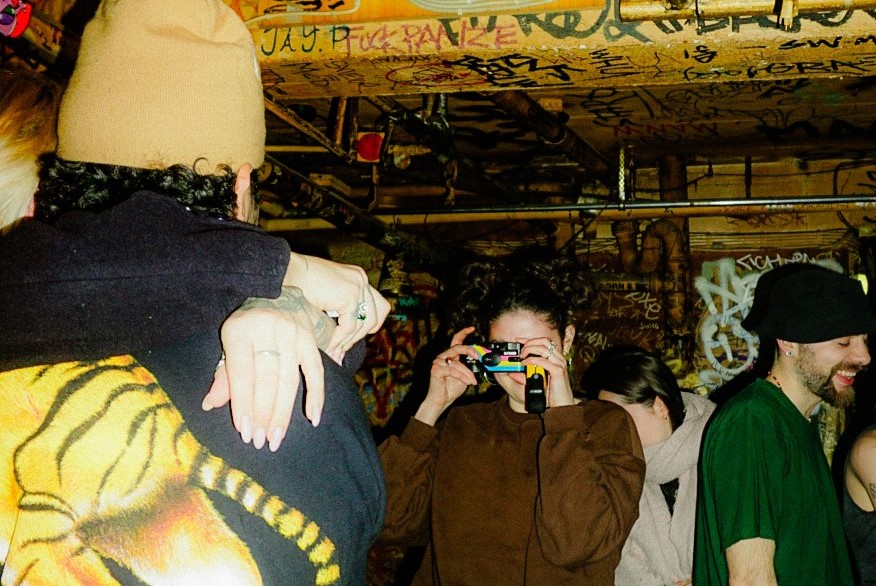After losing a legal battle last week, the self-proclaimed freetown of Christiania will now be engaged in a political fight over its very existence.
Nearly immediately after the Supreme Court upheld a lower court decision from 2009 and capped a seven-year legal battle by ruling that the state – and not Christiania’s nearly 900 residents – has a legal right to the land, talk of ‘normalising’ the neighbourhood commenced.
The court’s decision gives the government a green light to begin a so-called ‘normalisation’ process that could include tearing down homes throughout Christiania and dramatically altering the spirit of the alternative freetown.
But according to Christiania’s lawyer Knud Foldschack, the government has a “moral responsibility” to ensure that it doesn’t come to that.
“In 40 years, there have been 14 governments with 17 ministers of defence that have accepted Christiania,” Foldschack told The Copenhagen Post. “When you have done that, you have a moral responsibility to respect Christiania.”
In the first overture of the upcoming negotiations over the freetownÂ’s future, finance minister Claus Hjort Frederiksen suggested that residents of Christiania now face two choices: either agree to the terms of a 2007 governmental proposal previously rejected by Christianites, or purchase the area from the state.
While a noted realty expert estimated the combined value of Christiania’s property to be between one-half and one billion kroner to public broadcaster DR, Foldschack called this “a crazy value” that accounts for a profit motive eschewed by Christianites and doesn’t properly take into account the condition of the buildings. He estimated the real price to be closer to 100 million kroner and pointed to the Christianites’ recent purchase of the building ‘Fredens Ark’ for one krone as a positive sign that a “fair price” can be found.
For their part, Christiania residents have developed a list of six mandates (see factfile) that they say must be met in any agreement struck with the government, chief among them that Christiania remains as a whole and that the area should not be taken over by the forces of capitalism.
“Money should not decide who can live in Christiania,” Ella Forhhammer, a Christiania resident, says in a video explaining Christianites’ mandates.
That Christianites live rent-free on prime property ripe for development has always been a key factor in the debate surrounding Christiania.
“Now we can start normalising Christiania, and that means that Christianites need to pay market prices to rent their houses, and that all residents can move to Christiania if they so desire,” said Danish People’s Party spokesperson Peter Skaarup.
But the Red-Green Alliance spokesperson Line Barfoed stands with Christianites in saying that the area should not be opened up to market forces.
“The government needs to understand that the solution is not another ‘rich man’s ghetto’ around some attractive water,” Barfoed said. “It simply won’t work to hand over the area to the market.”
Foldschack agrees that opening the area to anyone who wants to purchase property would be a mistake.
“If the minister of finance sells parts of Christiania to private persons, that would be a dangerous cocktail,” Foldschack said. “It would not be fair to put people in Christiania who are not willing to follow the rules. That could lead to a lot of conflicts.”
While politicians begin the process of finding an amicable solution – the finance minister is expected to gather the political parties on Friday to clarify what proposals will be offered to residents – tourism officials fear that a ‘normal’ Christiania would be a boring Christiania, and that the consequences of that would be felt far beyond the borders of the enclave.
The city’s official tourism organisation Wonderful Copenhagen touts “Copenhagen’s world-famous freetown of Christiania” to an online audience of approximately three million worldwide visitors a year.
Peter Rømer Hansen, the organisation’s director of business development, estimates that Christiania welcomes around one million annual visitors, making it one of Copenhagen’s top five tourist attractions.
“Christiania is a very significant tourist attraction and an important element to the city’s identity,” Rømer Hansen told The Copenhagen Post. “Roughly a third of the people that visit our information centres tell us that they have either visited Christiania or plan to do so.”
If Christiania were to be ‘normalised’, Hansen said the impact would be more than merely monetary.
“Visitors say that it is pretty amazing that a place in the middle of Copenhagen has autonomous rule and offers an alternative experience; other cities don’t have that,” Rømer said. “If the city were to lose Christiania, the city’s brand would be more one of conformity and the city would seem a more boring place.”
This summer, Christiania will celebrate its 40th birthday. Just how ‘free’ the freetown will be when it reaches this milestone is up in the air.
Factfile | ChristianiaÂ’s Mandate
After the 2004 amendment of The Christiania Law, residents of the alternative neighbourhood developed six points that any deal made with the government must include:
1) Christiania must remain as a whole in its current state
2) Christiania must maintain a mixed population
3) Christiania reserves the right to designate housing
4) The homes of Christiania can never be capitalised
5) Christiania must remain autonomous
6) Christiania must remain a direct democracy













